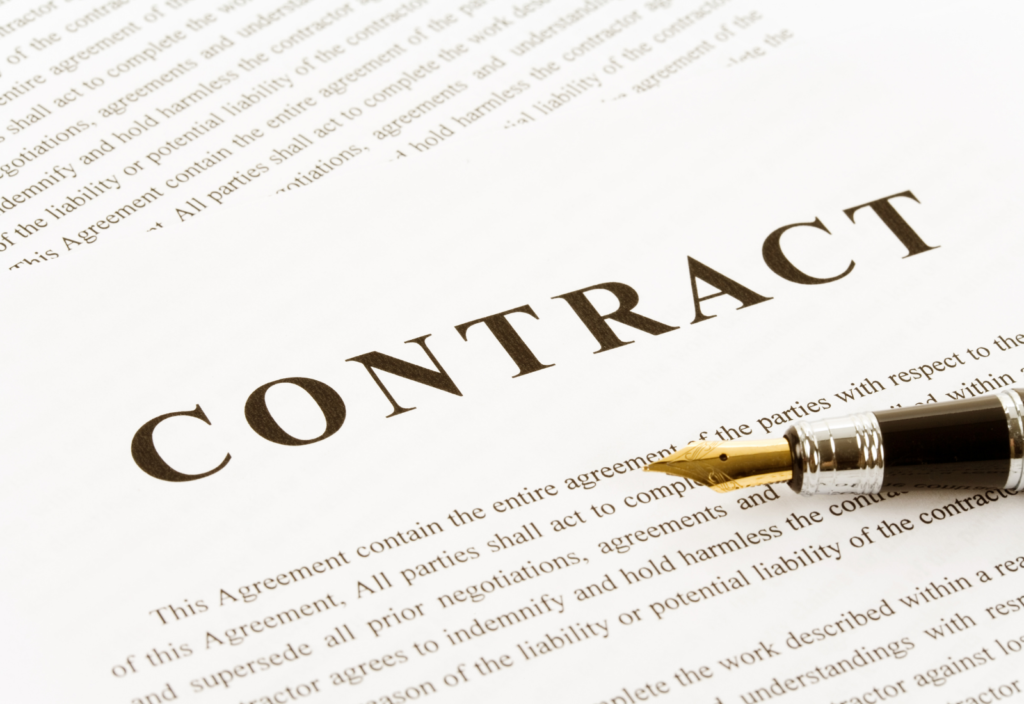The international dispute resolution lawyers at my law firm are frequently contacted by American/European companies seeking our help in pursuing Chinese companies for providing “bad product.” We turn down a whole slew of them because of our potential client’s low likelihood of success.
We typically do not want to pursue these claims because the American/European company’s contract with the Chinese company does not clearly specify the quality of product the Chinese company must provide. There are usually other problems with the contract (including, oftentimes, the lack of any contract at all), but this is usually the most glaring.
We often explain our decision as follows:
I know you expected the ______ you ordered from ______ [Chinese factory] to work for more than a week, but you have to understand that there are China factories with levels of quality many tiers below anything that would be acceptable in the United States. You can buy a t-shirt in China for 50 cents that is of such poor quality that it will be ruined after a few washes. But nobody complains because they paid 50 cents for it, so they got what they paid for. This is the argument your Chinese factory will make against you. That had you wanted your product to work for more than a week, they would have been happy to have provided you with such a product, but then you would have had to pay 50 cents more for it and YOU chose not to do so.
The American/European company’s response to this is often to insist that they have an email they sent to their Chinese factory at some point in the process “making clear” they wanted the product only if it is of “good quality.” We then point out that the term “good quality” in China does not have nearly the same legal meaning in a China court that it has in US or European courts and that even if a Chinese court were to give it legal meaning, what constitutes “good quality” in China is very different from what constitutes good quality in the United States and in Europe.
Our dispute resolution lawyers then sometimes explain them as well on another difference between US/Canada/Britain contract law and China contract law, which is that Chinese courts rarely, if ever, look outside the four corners of a contract to determine how to rule on a contract dispute. Co-blogger Steve Dickinson recently explained this to a client:
If you think this may be an issue, we can include “complete agreement” language that makes clear that the Agreement documents control and that nothing outside the agreement has any legal effect. Normally, however, this is not done in China because Chinese courts pretty much look only at the written and sealed contract. They routinely ignore everything else (like emails) and they virtually never consider terms that come from a pre-contract writing from either of the parties.
This is another of the many differences between Chinese contract law and that with which most of our clients are familiar.
Bottom Line: China has its own contract laws, and those laws are not likely to be similar to the laws in your home country.
This means that in most (but not all) instances, your contract must be written for China, not for your home country. For more on this, check out Drafting China Contracts That Work. And for some examples of China contracts that do not work, check out China Contract Drafting Scams: From Bad to Much Worse.

























